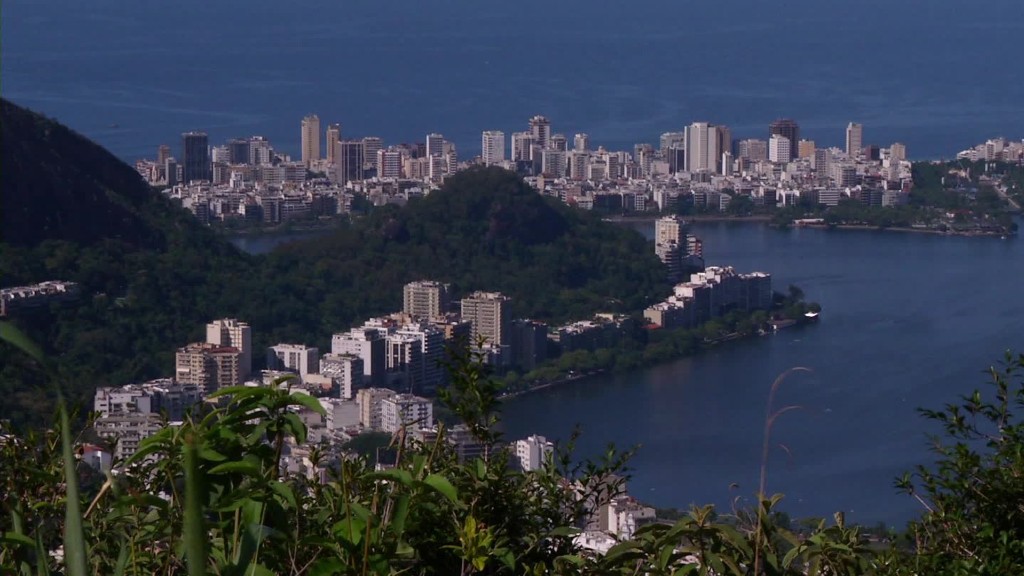
Organizers for next year's Olympic Games are making cuts to ensure they stay within their 7.4 billion-real ($1.9 billion) budget, and avoid dipping into public money at a time of economic crisis in Brazil.
With just 10 months before the Games begin in Rio de Janeiro, many Olympic departments are being challenged to trim costs by as much as 30%.
"We cannot overspend because then we would have to use public money," Mario Andrada, head of communications for Rio 2016, told CNN in a telephone interview. "Net savings will be around 10%."
The organizing committee's budget is privately funded, but any shortfalls would have to be covered by the Brazilian government -- something the organizers are keen to avoid.
Andrada said organizers will not cut costs on security, the opening ceremony or the construction of permanent venues.
Organizers will instead focus on technology, infrastructure and operational costs, he said.
For example, organizers nixed the purchase of 5,000 printers in favor of moving to digital documents. They'll also use temporary tents at various Olympic venues to house offices for delegates.
Brazil's economic situation has worsened over the past few months, forcing organizers to avoid using public finances.
The economy is mired in a recession, unemployment is rising, inflation is rising and the currency has recently hit historic lows versus the U.S. dollar.
Organizers are also keenly aware of mass protests that broke out in 2013 aimed at generous spending on the 2014 World Cup.

Meanwhile, Andrada said his team is confident in projections for ticket sales and sponsorships.
"There is no question in everyone's mind that we will sell out" our tickets, he said.
Direct ticket sales begin October 20.
